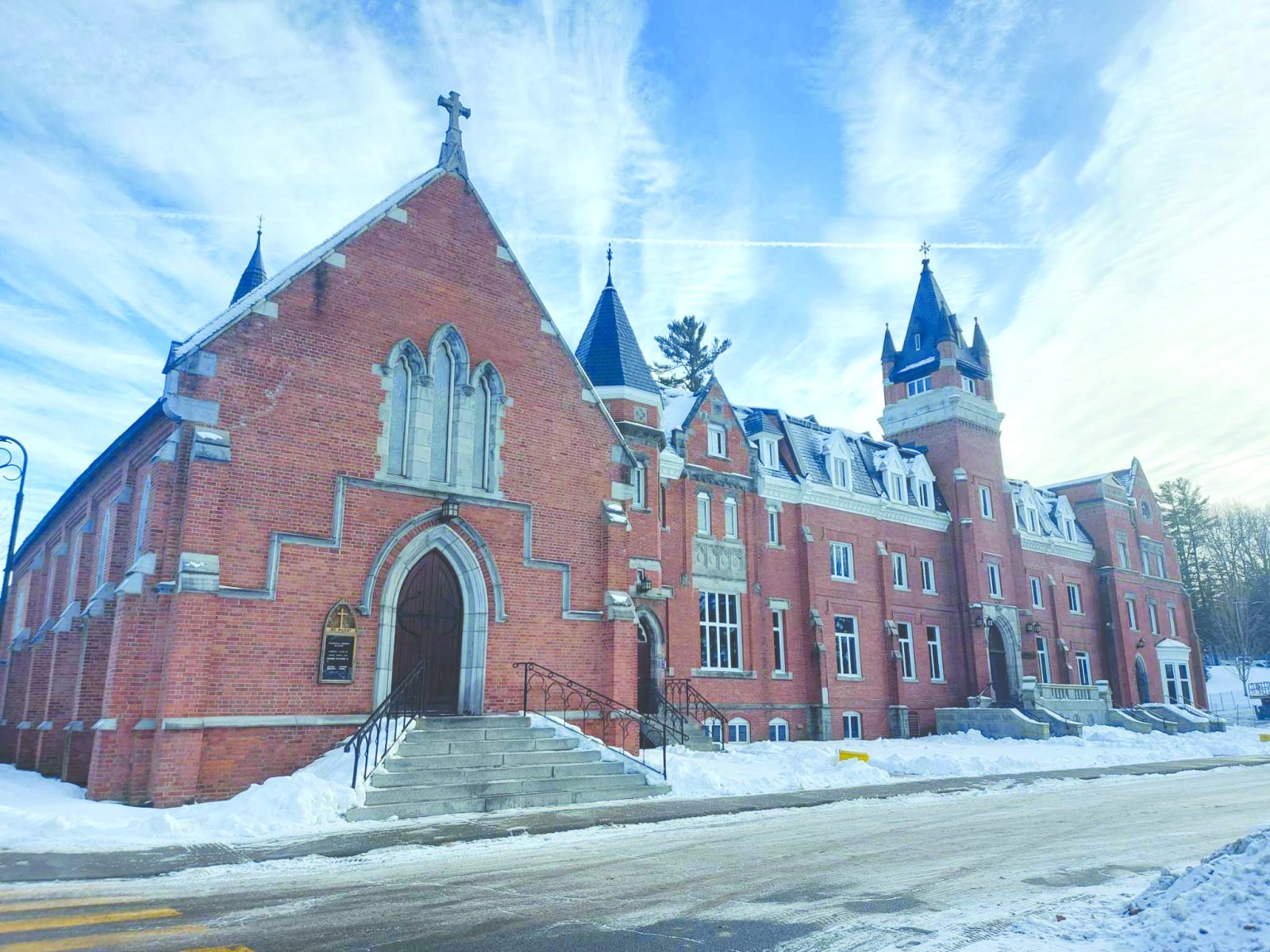Minister stands firm on language proficiency measures, lessens tuition hikes, for English universities
By William Crooks
Local Journalism Initiative
In a move by the Quebec government with the stated aim of bolstering the French language within the province, Minister of Higher Education Pascale Déry issued a directive concerning French language proficiency and tuition rates to the principals of Quebec’s three English universities. The minister’s communication, dated Dec. 14, outlined the government’s unwavering stance on improving French language proficiency among students and tuition increases, specifically addressing measures from which Bishop’s University (BU) will be partially exempt.
Déry’s letter
Minister Déry’s letter emphasized the urgency of reversing the decline of French in Quebec, especially in Montreal. It underscored the government’s objectives to correct the financial imbalance between the anglophone and francophone educational networks and to promote the integration of Canadian and international students into Quebec society.
While the minister recognized the efforts of universities to support the French-language initiative, she noted that the current proposals do not fully meet the government’s ambitious targets. She outlined that, from the 2024-2025 academic year, universities should begin enhancing French-language skills and amending their linguistic policies. By the 2025-2026 academic year, the expectation is that 80 per cent of new non-Quebec enrollees will reach level 5 oral proficiency in French by the end of their undergraduate studies.
The letter outlined the proposed tuition changes as follows:
“The pricing applicable to Canadian non-residents of Quebec (CNRQ) will rather [instead of doubling] be increased to a minimum of $12,000 ($2,881 base amount + $9,119 flat rate + discretionary additional amount + annual indexations). Furthermore, the government of Quebec believes it is essential to rebalance the revenues coming from international students in order to allow francophone universities to continue their growth and to maintain the highest standards of excellence. Thus, the new pricing will come into effect as announced from the academic year 2024-2025.”
In a move that acknowledges the unique demographic and linguistic landscape of the Estrie region, distinct from the greater Montreal area, BU has been granted a specific exemption. The university will continue to welcome a fixed number of CNRQ students at the current tuition rate, with a total of 825 tariff exclusions in the long term. However, BU will still be expected to strive towards the 80 per cent French proficiency target, albeit without financing being contingent on reaching this target.
BU Principal’s reaction
BU Principal Sébastien Lebel-Grenier acknowledged and transmitted the details of Déry’s letter over an email addressed to local community leaders. The following is a summary of his reaction to the proposed francization measures:
BU acknowledges the Quebec government’s directive to enhance French-language proficiency among non-Quebec students but views the target level 5 proficiency for 80 per cent of its undergraduate students as unrealistic. Despite this, the university is committed to moving forward with its francization plan, which is driven by its recognition of the role it plays within the Quebec community, rather than compliance with external mandates.






